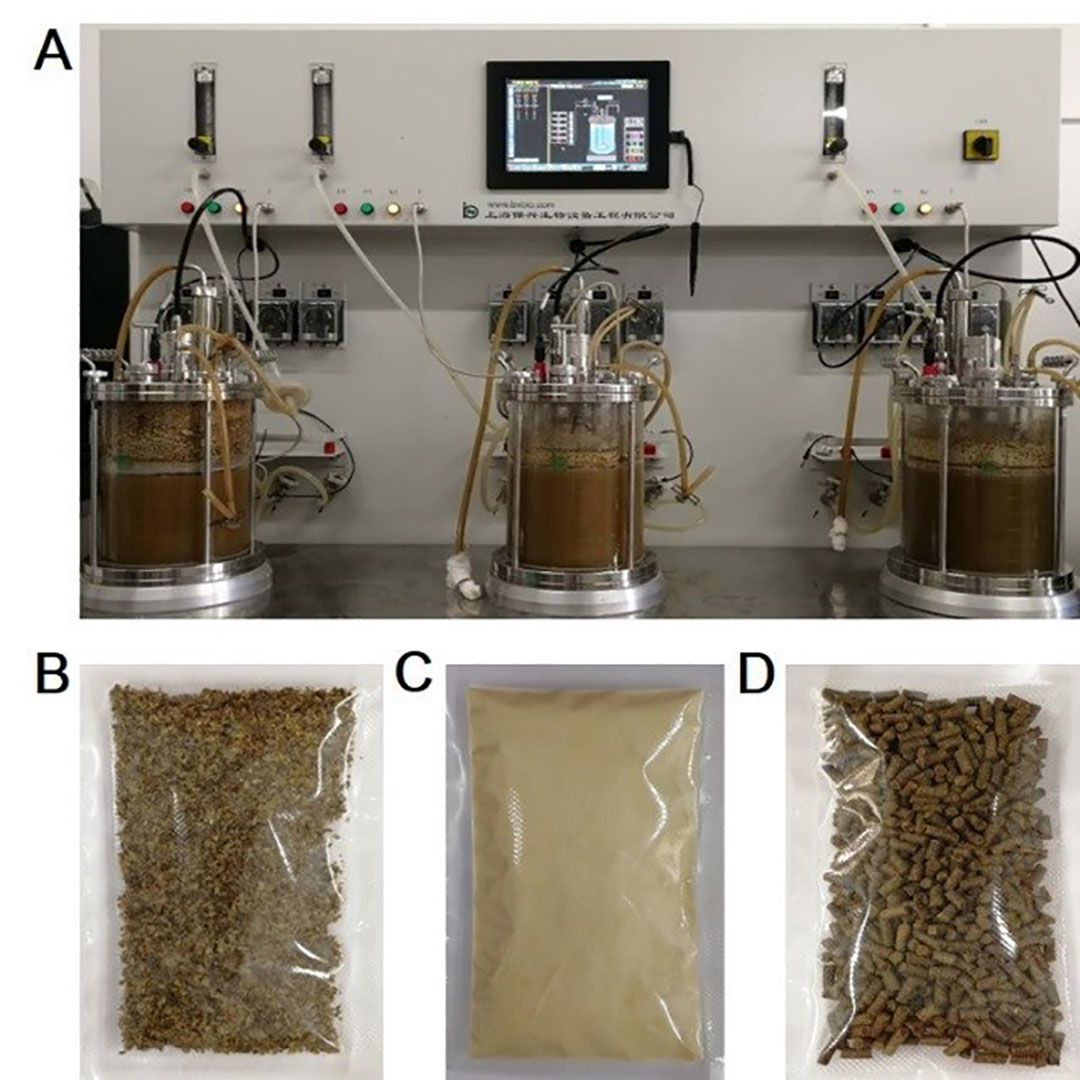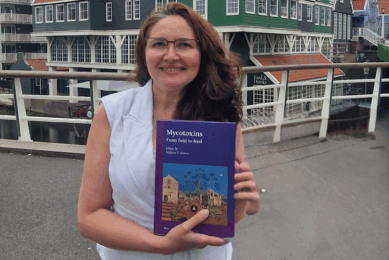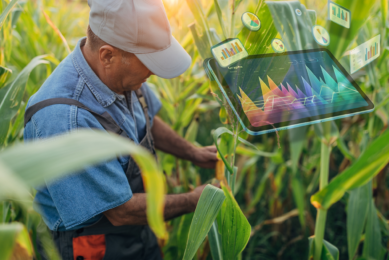Biological detoxification of mycotoxins

Degradation of mycotoxins into non-toxic metabolites – a study on biological detoxificantion explains why this can be an important strategy to reduce exposure to mycotoxins
In a study on detoxification, a number of mycotoxin-detoxifying microbes were isolated from various sources (mycotoxin contaminated agro-products, soil, water, fermented food, etc.) and the biological property of mycotoxin-detoxifying microbes was characterised. The screened probiotic strains in combination with the strains in the “Catalogue of Feed Additives” were fermented to obtain agents that biotransform mycotoxinagents. High-density fermentation technology was developed at low cost in order to enhance biotransforming agents in a short period through liquid and solid-state fermentation.
For instance, liquid fermentation of a probiotic strain ZEN-2 and solid-state fermentation of a strain ZEN-3, which is classified in the ‘Catalogue of Feed Additives’, were both capable of transforming ZEN without potential risks to animals due to detoxifying microbes. Alternatively, biotransforming agents could also be generated by constructing genetically-engineered microbes to effectively produce mycotoxin-detoxifying enzymes. One example was the ZEN-detoxifying hydrolase, whose gene was cloned from Clonostachys rosea and heterologously expressed in Escherichia coli. The expressed enzyme was highly efficient at detoxifying ZEN at 37°C with a pH of 8.5. Furthermore, taking the actual situation of industrial application into account, there was a recombinant enzyme generated by site-directed mutation to improve the thermal stability and acid constancy.
| WMFmeetsAsia Prof Yang Liu of the Chinese Academy of Agricultural Sciences will present his work on biological detoxification at the World Mycotoxin Forum meets Asia. The mycotoxin conference takes place in Bangkok, Thailand, 13-15 January 2020. |
Biotransforming agents
Biotransforming agents could be used to detoxify mycotoxins by bio-fermentation from raw materials of feed such as corn, corn steep liquor, corn gluten meal, corn oil, corn germ meal, spraying corn bran, DDGS, wheat, wheat powder, wheat bran, peanut meal, etc. For example, applying theZEN-detoxifying strain ZEN-3 in corn steep liquor reduced ZEN level in liquid fermentation, whereas the AFB1-detoxifying strain AFB-1 degraded AFB1 in wheat powder by solid-state fermentation. Moreover, integrated use of biotransforming agents in the course of the feed pelleting process could detoxify mycotoxins in the digestive tract of feeding animals. This was demonstrated in the assay, and use of the AFB1-detoxifying strain AFB-2 as an additive in duck feed in the pelleting process could detoxify AFB1 in the simulated digestive tract of ducks in vitro.
Author:
Hairong Geng, Gang Wang, Yang Liu, Chinese Academy Of Agricultural Sciences, China











